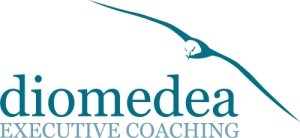How important is a business plan? So many seminars are geared to getting you flying out of the blocks, so how important is it to plan your future business?
I joined the discussion with the comment:
We would be well to remember Clausewitz's dictum that no battle plan survives contact with the enemy. So a business plan is for helping to get started but cannot last. We need Plans A-Z. It's no good when Plan B is "do Plan A better". Just ask Fabio.
This got me thinking. It's all very well to say such things but making them happen is something far more difficult. To be able to respond to rapidly changing business contexts requires several attributes: an agile mind (I am reminded of what Louis Pasteur said : "Fortune favours the prepared mind"); good analytical and planning skills; a willingness to let go of cherished ideas and plans and above all a supreme self confidence in one's ability to adapt to change.
Now few of these attributes are genetically fixed and therefore they can be developed. Coaching is an excellent way of doing this because:
- coaching is individual;
- coaching deals with real issues as they arise;
- coaching generates confidence; and
- coaching responds to direct feedback and can be built on constant evaluation.
In the current times it is almost a dead certainty that business plans will go awry. If you know this and have taken steps to develop the above attributes you will be significantly better placed than your opposition to respond; particularly when the inevitable upswing occurs.





